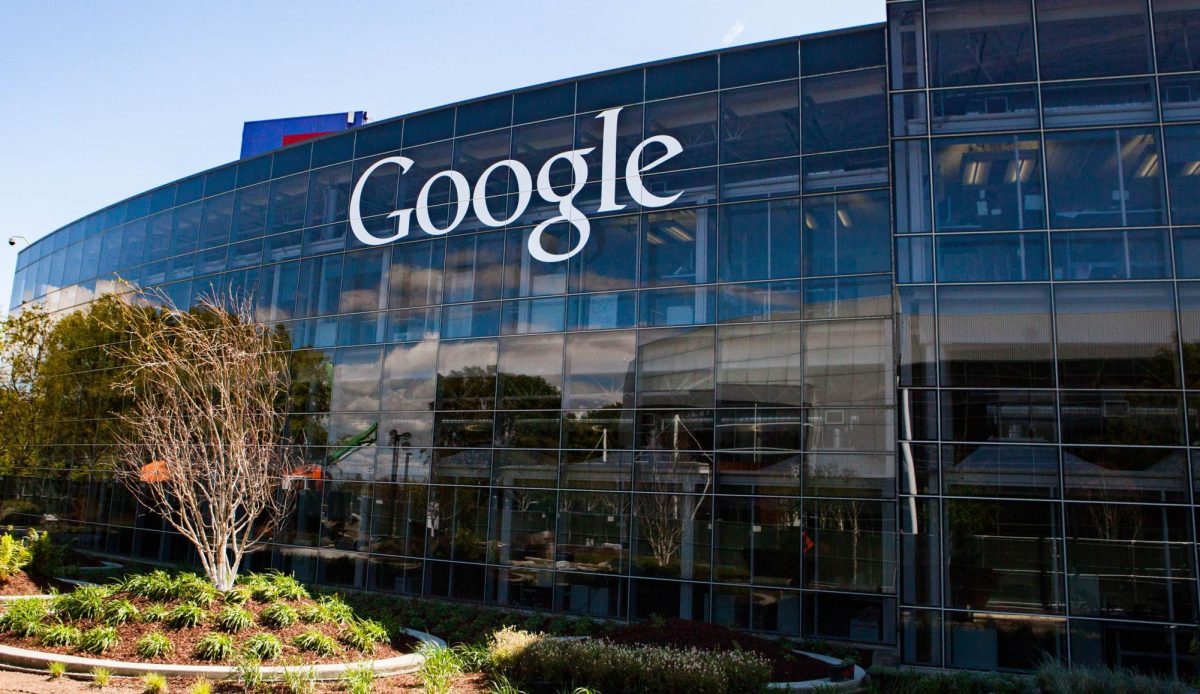A federal judge ruled that Google LLC illegally dominates key parts of the online advertising market on April 17. This decision could force the tech giant to sell off parts of its ad business.
U.S. District Judge Leonie Brinkema found that Google violated the Sherman Antitrust Act “by willfully acquiring and maintaining monopoly power” in publisher ad servers and ad exchanges.
The decision marks a win for the U.S. Department of Justice and a coalition of states, which accused Google of using classic monopoly tactics to box out competitors and control the digital ad market.
The judge’s ruling now clears the way for a future hearing to determine how Google must address its anticompetitive behavior, including the possibility of breaking up parts of its business.
The publisher ad servers and ad exchanges platforms control how digital ads are bought, sold and displayed online, providing vital revenue and data to websites, news outlets and other content creators.
In her decision, Brinkema called those ad dollars the “lifeblood” of the internet.
U.S. Attorney General Pam Bondi called the ruling “a landmark victory in the ongoing fight to stop Google from monopolizing the digital public square.”
In her decision, Brinkema wrote that Google’s conduct “substantially harmed” not just its competitors, but also consumers. Prosecutors argued the company secured control over online ad markets by acquiring rivals, locking in customers and manipulating the exchange of ads to benefit its own platforms.
Google said it plans to appeal the decision.
“We won half of this case, and we will appeal the other half,” Lee-Anne Mulholland, Google’s vice president of regulatory affairs said.
She said that publishers continue to choose Google’s tools “because they are simple, affordable, and effective.”
The ruling adds to the growing list of antitrust challenges facing Big Tech. Meta, Amazon and Apple are all currently battling federal lawsuits over alleged monopolistic practices in social networking, online retail and smartphones.
An antitrust expert called the decision a pivotal moment for U.S. tech regulation.
“This could increase regulatory risk premiums across major tech stocks, especially those like Amazon and Meta that operate similarly integrated ecosystems,” Michael Ashley Schulman, chief investment officer at Running Point Capital, told CNBC.
While the judge ruled against one of the government’s claims that Google also held a monopoly over advertiser ad networks, the core of the government’s argument prevailed.
The Justice Department is expected to seek a structural remedy, asking the court to force Google to sell off parts of its ad business. Google may be asked to sell off its ad manager suite, which is both a publisher ad server and ad exchange.
Google has previously explored selling its ad exchange business to appeal to European regulators, but no deal was finalized. Now, the company faces the possibility of being compelled to divest those assets in the U.S.
A separate trial is also set to begin next week in Washington, where the DOJ is seeking to curb Google’s dominance in online search, possibly forcing it to sell off its Chrome browser.








